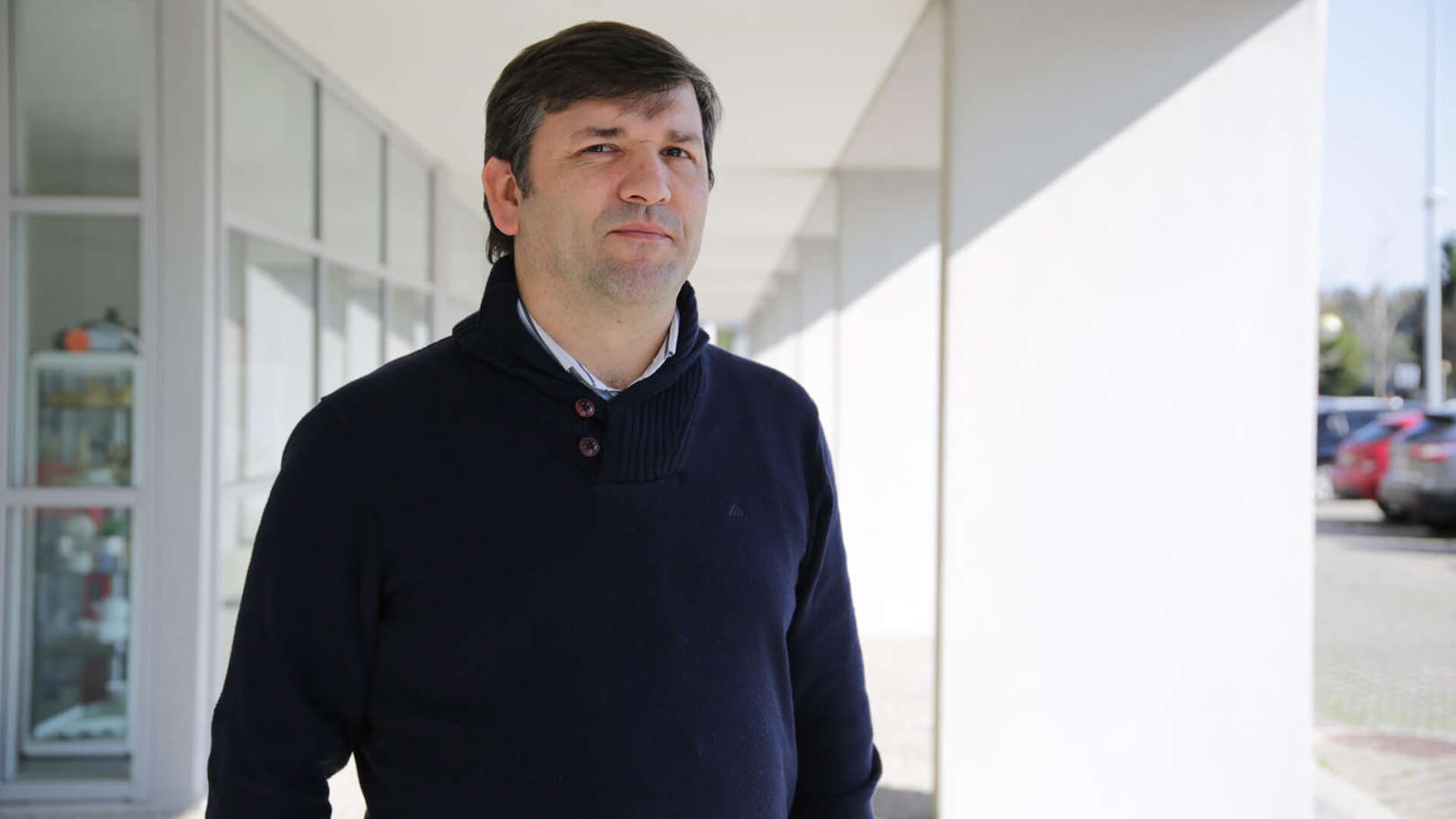About
I was born at Funchal in Madeira Island (Portugal) and have finished a Master in Multimedia Technology (2008) in Faculty of Engineering of the University of Porto (FEUP) and a degree in Systems and Computers Engineering (2001) from the University of Madeira (UMa). Since 2010, I'm Ph.D student. in Digital Media at FEUP and developing his research within Graphics, Interaction and Gaming (GIG) at Department of Informatics Engineering of FEUP. My PhD research treat training and certification through game-based learning, particularly serious games.
In recent years I have collaborated in several research projects (National, European and International) as research fellow in Graphics, Interaction and Gaming (GIG) of the Informatics Department of FEUP and in the Center of Information Systems and Computer Graphics at INESCTEC (ERAS (FCT), ICARUS (FP7), New Tools for Certification in Game-based Learning (IC2-Austin/US).
I lecture at FEUP and Faculty of Arts of the University of Porto(FLUP), and more recently I have started a collaboration with the company GISGEO in the area of R & D in geographic information tools (GIS) and geolocation.


